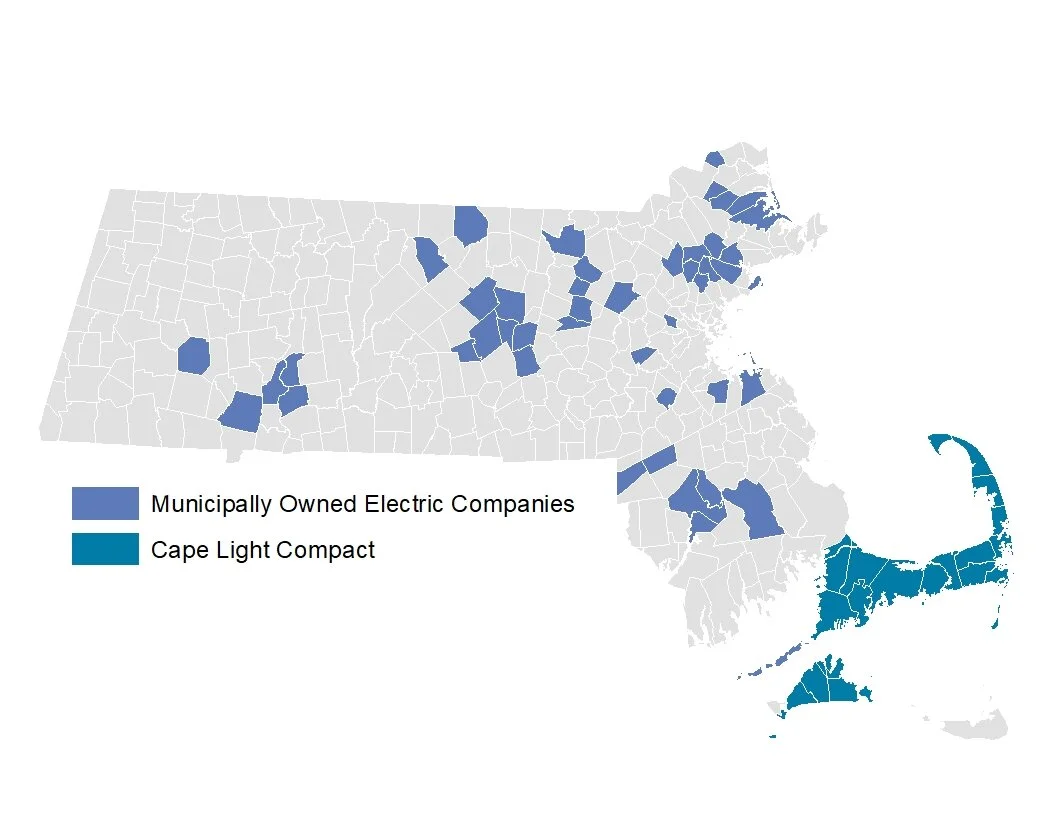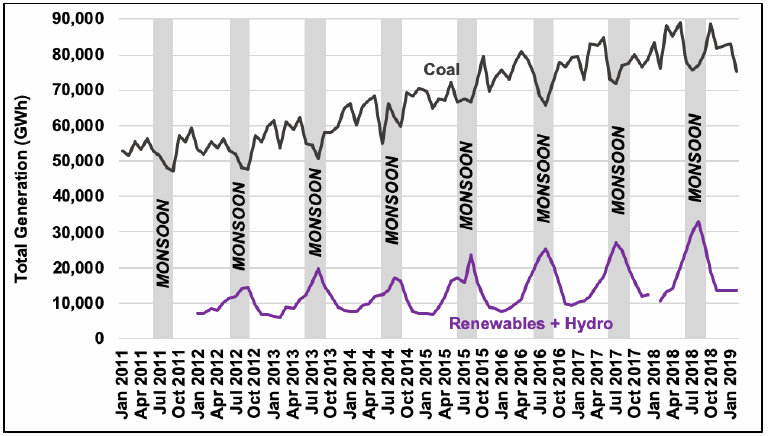Prepared on behalf of Connecticut Office of Consumer Counsel
Authors: Bryndis Woods, PhD, Sachin Peddada, Jay Bonner, Liz Stanton, PhD
March 2023
On behalf of the Connecticut Office of Consumer Counsel, this Applied Economics Clinic (AEC) white paper reviews the potential for electric vehicle (EV) charging programs to provide net benefits to consumers in Connecticut and fourteen other states. AEC finds that Connecticut’s EV charging programs are well-positioned to provide net benefits to consumers and meet the state’s EV and electric vehicle supply equipment deployment goals. Connecticut stands out as a leader due to the detailed nature of its EV and EV charging deployment goals, the inclusion of alternative rate structures to incentivize public EV charging stations, the availability of incentives to cover up to 100 percent of EV charging “make-ready” costs, and enhanced incentives for underserved communities (inclusive of low-income populations). AEC also finds, however, that Connecticut’s EV charging program could be strengthened by adopting best practices from other states’ programs, such as by setting more ambitious EV and EV charging deployment goals, working to target EV charging in as equitable a fashion as possible, and by offering ongoing incentives for EV charging.


















